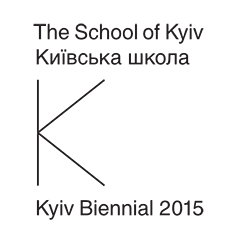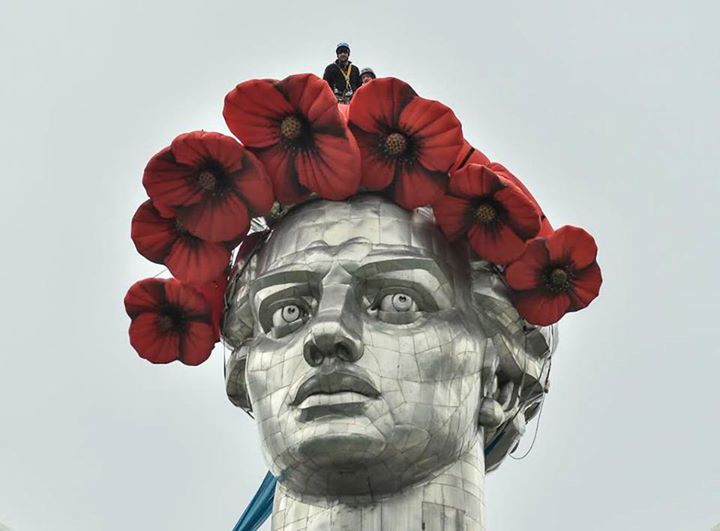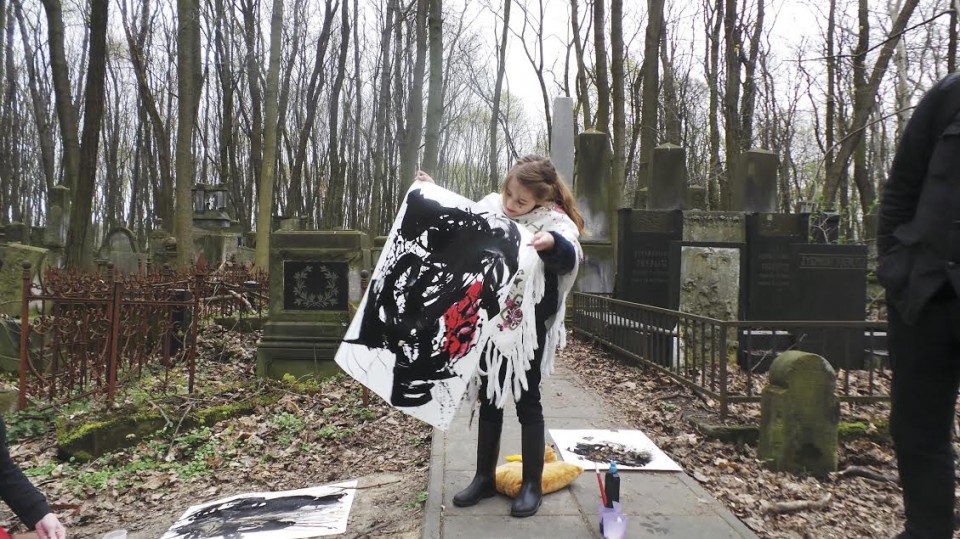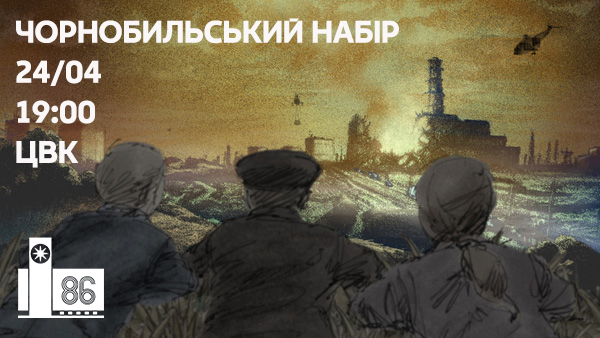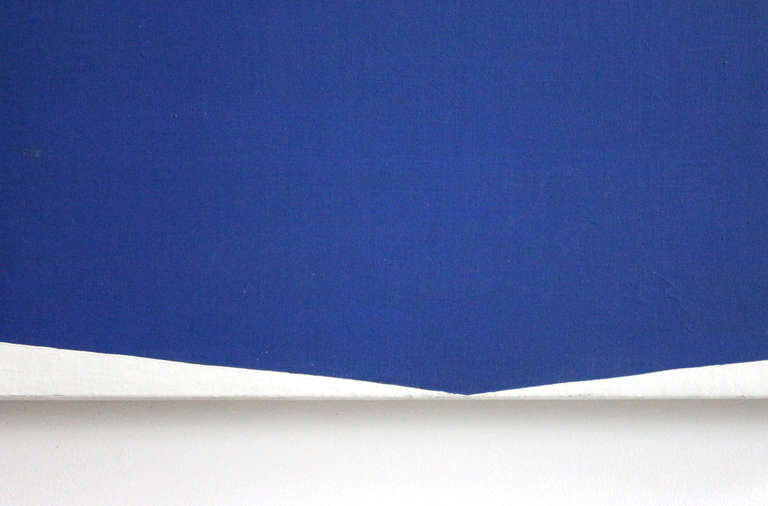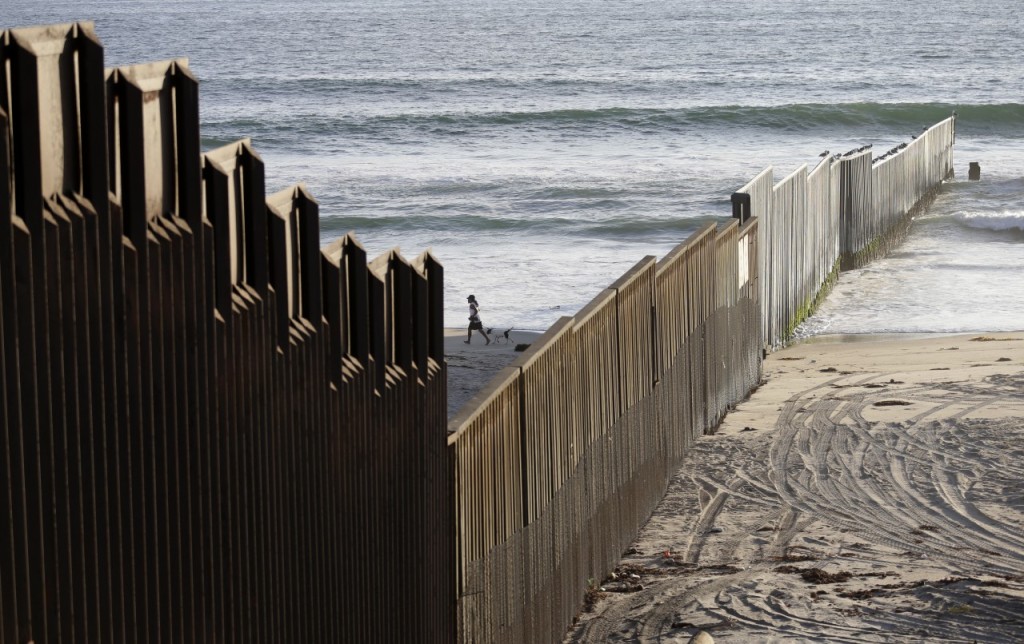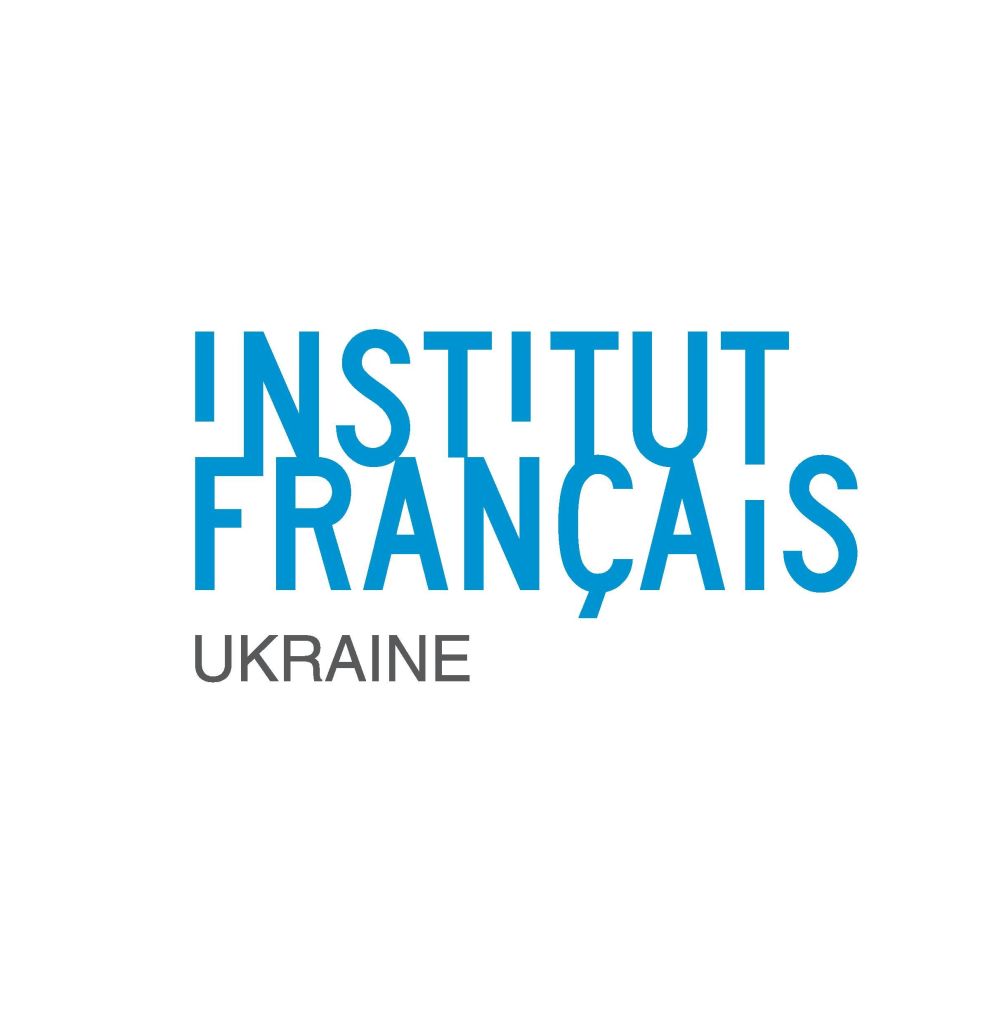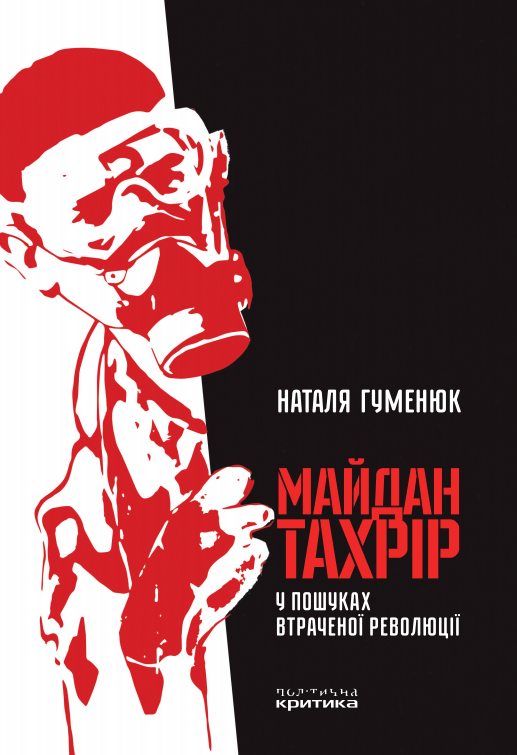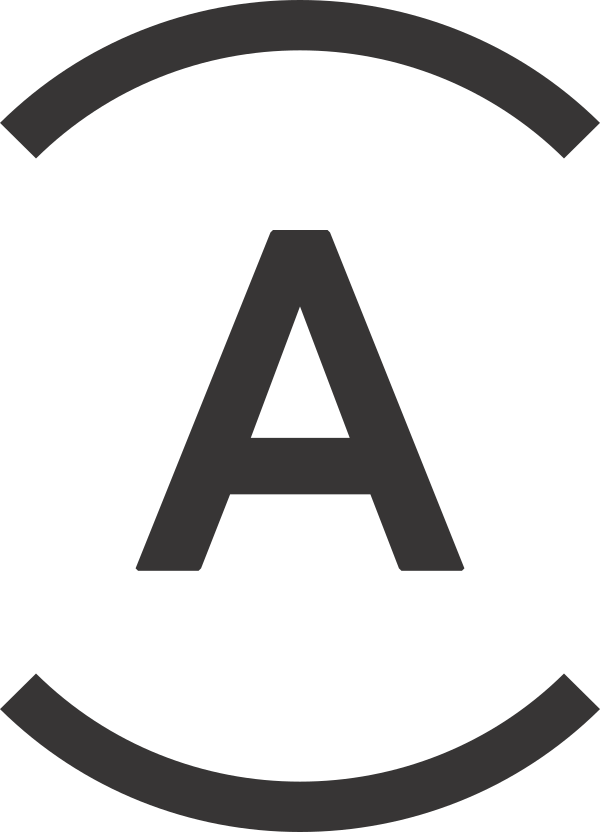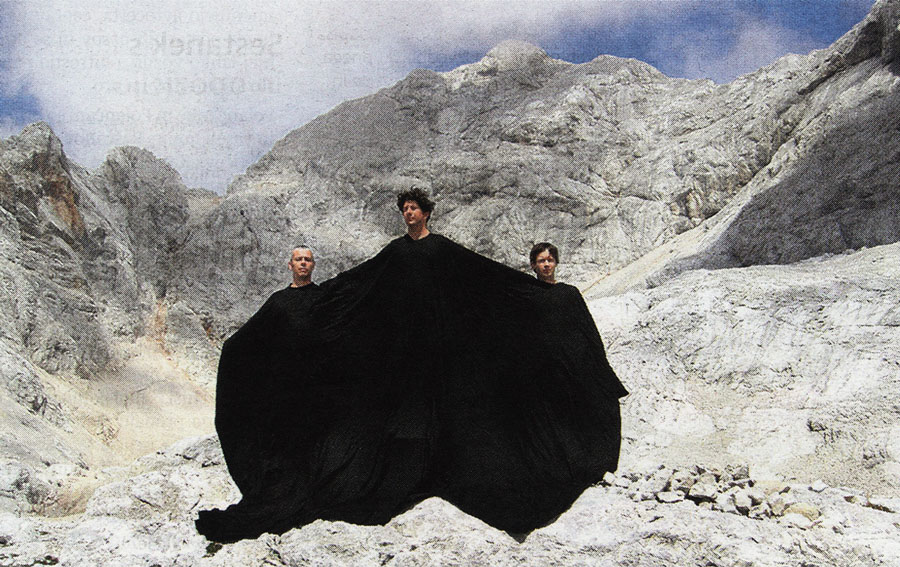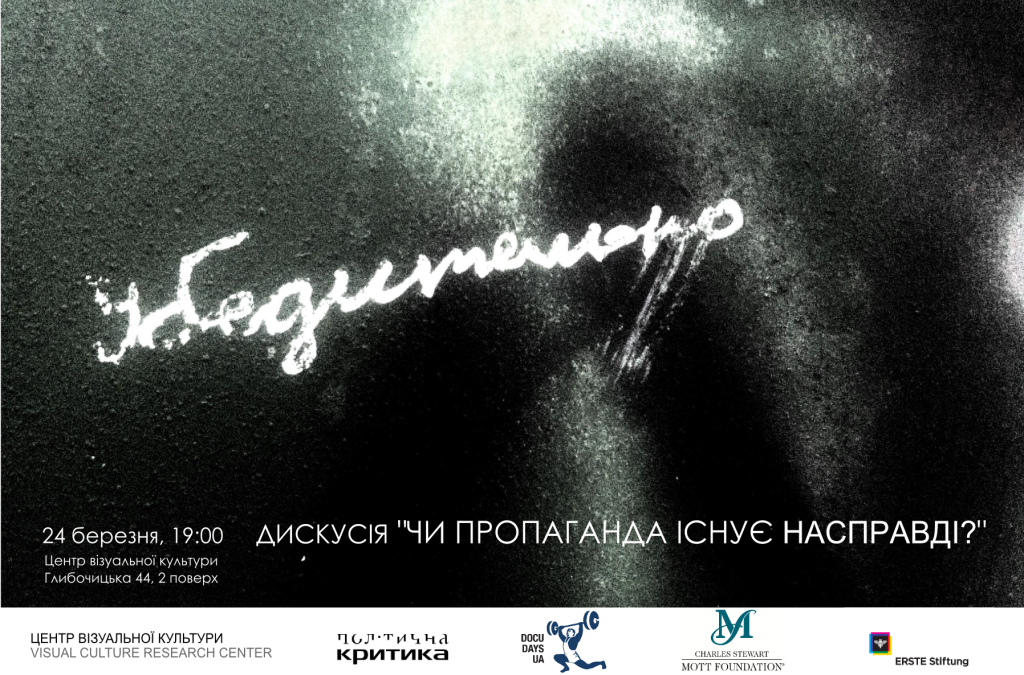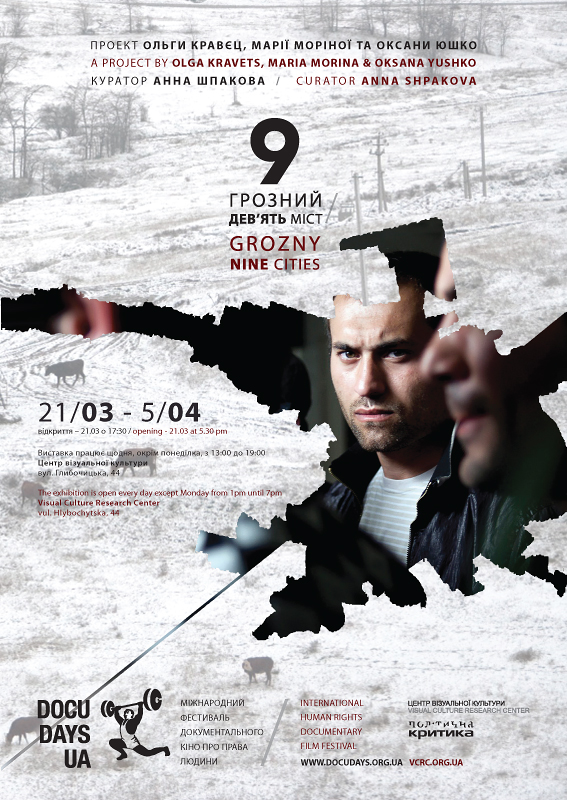Discussion “World War II: Ukrainian Version”
Tuesday, 12 May 2015, 19:00
Visual Culture Research Center (44 Hlybochytska Street (1st floor), Kyiv)
Visual Culture Research Center and Political Critique invite you to the discussion “World War II: Ukrainian Version”, which will take place on Tuesday, 12 May, at 19:00.
Discussion “World War II: Ukrainian Version” is dedicated to Ukrainian historiography of the 2nd World War, its key events and issues. Where does “the Great Patriotic War” ends and “2nd World War” starts in the situation of post-Soviet self-determination? What is the role of Ukraine in contemporary World War II narratives? The war of nations, ethnicities, and states: whom did Ukrainians fight in World War II? Holocaust in Ukraine: Debates on the role of Ukrainians in the extermination of Jews. How has Ukrainian state changed since the 2nd World War?
Participants:
Serhiy Yekelchyk is historian, who teaches at the University of Victoria (Canada). He is author of the books Empire of Memory: Russian-Ukrainian Relations in Soviet Historical Imagination (2008), History of Ukraine: The Birth of Modern Nation (2007). At the moment he is working on the book about Stalinist political rituals.
Ivan Homza is political theorist and historian, who researches European fascism and integral nationalism. He teaches at the Department of Political Science (National University of “Kyiv-Mohyla Academy”).
Iryna Sklokina holds a PhD in History and explores official Soviet politics of memory about the War. She is a Fellow Researcher at Center for Urban History of East Central Europe (Lviv).
Moderator:
Kateryna Ruban is a PhD candidate at New York University, member of Visual Culture Research Center, researcher of Soviet history.
Admission is free
Discussion will take place within the frameworks of educational project “Revenge of Memory: World War II in Political and Cultural Narratives”, devoted to conceptualization of World War II discourse, actualized by recent events in Ukraine, analysis of political, rhetorical, media strategies of instrumentaliation of the historical war experience, production of ways of working with post-war experience.
Admission is free
The project is supported by Heinrich Böll Stiftung (Kyiv)
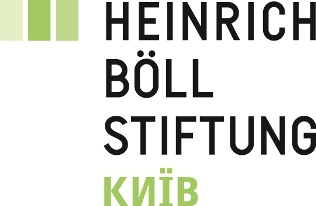
Supported by ERSTE Stiftung and Charles Stewart Mott Foundation
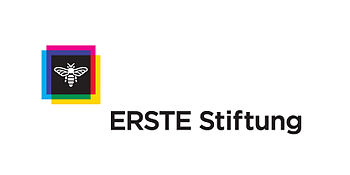
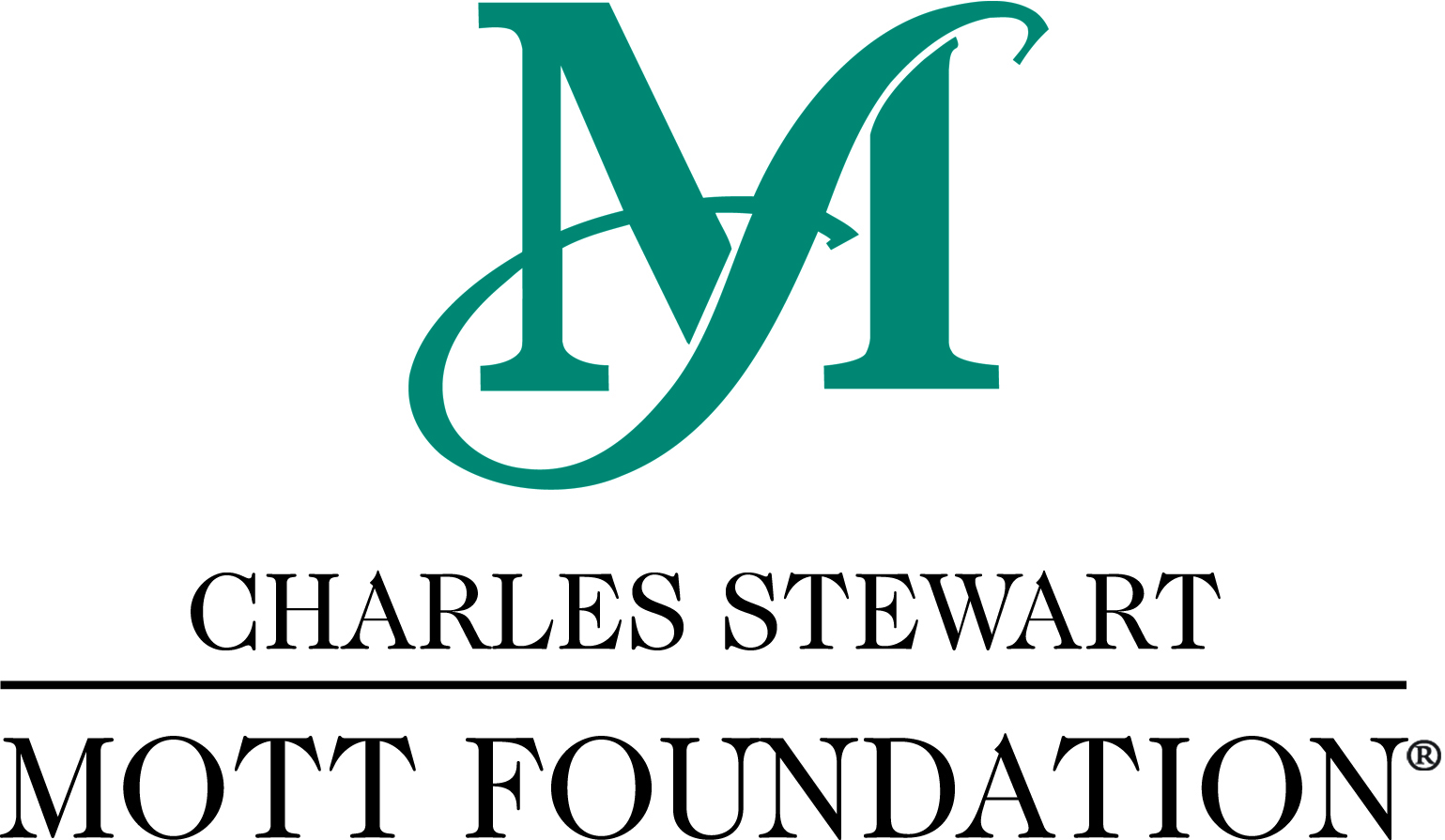
Visual Culture Research Center (VCRC) was founded in 2008 as a platform for collaboration between academic, artistic, and activist communities. VCRC is an independent initiative, which is engaged in publishing and artistic activities, scientific research, organization of public lectures, discussions, and conferences. In 2015 Visual Culture Research Center received the European Cultural Foundation’s Princess Margriet Award.
Visual Culture Research Center (44 Hlybochytska Street (1st floor), Kyiv)
Contacts:
+38096 4929600 (Nataliya Neshevets)
www.facebook.com/vcrc.org.ua
vcrc@vcrc.org.ua
Artur Żmijewski will present his new films
Tuesday, 28 April 2015, 19:00
Visual Culture Research Center (44 Hlybochytska Street (1st floor), Kyiv)
On Tuesday, 28 April 2015, at 19:00 the screening of new films by Artur Żmijewski will take place at Visual Culture Research Center.
The new series of films by Artur Żmijewski was created during the years 2013 – 14 after a break caused by his work on the 7th Berlin Biennial (2012). In his films Żmijewski continues to explore the connections between power, art, and society.
Critique of religion as the instrument of power is one of the central topics for Żmijewski. His Film Mass 2 (2014) is the continuation of his experiments with placing religious rituals in the secular space of art. In Autumn 2014 Artur Żmijewski staged catholic mass at Krakow National Theatre. Mass 2 depicts this process as an answer to intrusion of religion into secular society.
During the year 2014 Artur Żmijewski created the series of short films in collaboration with female prisoners at Warsaw penal colony (Brushworks, Cookbook, Making of). These films document the series of workshops which transformed the disciplinary institution into the place for creative work. Films Total Landscape and Stranger show artistic experiments with the issue of everyday violence.
The films will be presented by the author. Discussion will follow.
Screening program:
Mass 2, 18’
Brushworks, 6’
Cookbook, 12’
Making of, 9’
Total Landscape, 5’
Stranger, 12’
Artur Żmijewski is an artist, film director, and curator. He is the artistic editor of Political Critique magazine (Krytyka Polityczna). He represented Poland at 51st Venice Biennial (2004). His works were shown at the Museum of Modern Art (New York), KunstWerke (Berlin), National Gallery of Art Zachęta, Documenta 12 (2007), Manifesta 4 (2002) etc. In 2012 he curated the 7th Berlin Biennial. In 2012 his personal exhibition Democracies took place at Visual Culture Research Center.
Working language – English
Admission is free
Supported by ERSTE Stiftung and Charles Stewart Mott Foundation


Visual Culture Research Center (VCRC) was founded in 2008 as a platform for collaboration between academic, artistic, and activist communities. VCRC is an independent initiative, which is engaged in publishing and artistic activities, scientific research, organization of public lectures, discussions, and conferences. In 2015 Visual Culture Research Center received the European Cultural Foundation’s Princess Margriet Award.
Contacts:
+380631481204 (Nazariy Sovsun)
www.facebook.com/vcrc.org.ua
vcrc@vcrc.org.ua
Screening of short film program CHERNOBYL SET
Friday, 24 April 2015, 19:00
Visual Culture Research Center (44 Hlybochytska Street (1st floor), Kyiv)
Visual Culture Research Center and Political Critique invite you to a special screening of short film program CHERNOBYL SET presented by “86” festival, which will take place on Friday, 24 April, at 19:00.
The personal stories, social dimension, and fantastic plots. Look at the trace of The Explosion in short films from all over the world in the special program Chernobyl Set. The program will be presented by culture and film theorist, co-founder of Visual Culture Research Center, Olga Bryukhovetska. After the screening presentation of Second Festival of Film and Urbanism “86” program and discussion with festival curator Illya Gladstein will take place.
Chernokids
France, 2010, 7’
Directed by Marion Petegnief, Matthieu Bernadat, Nils Boussuge, Florence Ciuccoli, and Clément Deltour
Somewhere in Ukraine, three deformed orphans decide to visit their mother, which they believe to be a Nuclear Power Plant.
GAMMA
UK, Ukraine, Kazakhstan, 2012, 7’
Factory Fifteen in association with Unknown Fields
In a post-nuclear future, when the earth is riddled with radiation, a new urban developer proposes to regenerate the cities back into civilization. GAMMA sets out to stabilize the atomic mistakes of yesteryear for the re-inhabitation of future generations.
Leonid’s Story
Germany, Ukraine, 2011, 19’
Directed by Reiner Ludwigs
Leonid is a policeman from Kopachi village, he grew up next to the Chernobyl nuclear reactor. He suddenly found himself in the middle of the catastrophe which broke his life, ruined his health, and threatens his unborn child. Yet his work takes him right into the contaminated zone.
Mi-cro-phone!
USSR, 1988, 20’
Directed by Georgiy Shklarevski
Ukrainian News and Documentary Film Studio
The film displays the consequences of Chernobyl nuclear disaster beyond the 30-km Exclusion Zone, as well as the silencing of the aftermath by Soviet authorities. It was filmed in 1988 in Narodnytskyi district of Zhytomyr region.
The Territory of Childhood
Russia, 2012, 23’
Directed by Anna Rada
Postgraduate School for Screenwriters and Film Directors
Prypyat secondary school’s Class of 1986 gets together for their first reunion in 25 years and a visit to the territory of their childhood.
Admission is free
Supported by ERSTE Stiftung and Charles Stewart Mott Foundation


Visual Culture Research Center (VCRC) was founded in 2008 as a platform for collaboration between academic, artistic, and activist communities. VCRC is an independent initiative, which is engaged in publishing and artistic activities, scientific research, organization of public lectures, discussions, and conferences. In 2015 Visual Culture Research Center received the European Cultural Foundation’s Princess Margriet Award.
Contacts:
+380631481204 (Nazariy Sovsun)
www.facebook.com/vcrc.org.ua
vcrc@vcrc.org.ua
Yves Cohen. New Politics of the Streets
Thursday, 23 April 2015, 19:00
Visual Culture Research Center (44 Hlybochytska Street (1st floor), Kyiv)
Visual Culture Research Center and Political Critique invite you to the lecture by Yves Cohen “New Politics of the Streets”, which will take place on Thursday, 23 April, at 19:00.
The 20th century is considered to be not only the century of scientific progress and democracy, but also totalitarianism, autocracy, and personality cult. Protest movements of the last 5 – 6 years in Brazil, Turkey, Tunisia, Ukraine performed a real critique of the vertical power structures. In his lecture, French historian Yves Cohen will present historical analysis of the events in Rio de Janeiro, in which he participated himself, as well as the events in Kyiv, Sofia, Tunisia, Istanbul, arguing whether recent protests could lead to other types of politics, and whether the 21st century could become “horizontal”.
Yves Cohen is historian, School for Advanced Studies in the Social Sciences (EHESS, Paris). He conducts research on the forms and conceptions of power, personality cult, the figure of the leader in the 20th century France, USA, USSR, and Germany. He authored numerous books and articles about the political regime in USSR.
Moderator – Nazariy Sovsun
Admission is free
Working language – English
Supported by ERSTE Stiftung and Charles Stewart Mott Foundation


Visual Culture Research Center (VCRC) was founded in 2008 as a platform for collaboration between academic, artistic, and activist communities. VCRC is an independent initiative, which is engaged in publishing and artistic activities, scientific research, organization of public lectures, discussions, and conferences. In 2015 Visual Culture Research Center received the European Cultural Foundation’s Princess Margriet Award.
Contacts:
+380631481204 (Nazariy Sovsun)
www.facebook.com/vcrc.org.ua
vcrc@vcrc.org.ua
France Guérin-Pace. Realization of Identity: Between the Origin and Life Journey
Visual Culture Research Center, Poltical Critique and Institut français d’Ukraine invite you to the lecture by France Guérin-Pace, which will take place on Tuesday, 21 April, at 19:00 within the frameworks of the program Migrations, Identities, Territories, meant to take place during the year 2015.
We are all bound by a number of different places: the place of birth, of the family origins, places, where we or our relatives reside, places of our dreams and imagination. All these places are arranged in a personal identification geographical heritage, which, depending on a concrete person and life situation, can be either partly involved, or not involved at all. In her lecture France Guérin-Pace will explain how geographical representation of the individual is formed, how we built our relationships with different places during our life journey, in what way we give sense to real and imaginary places of our former and present residence, what determines population’s feeling of belonging to a specific territory.
France Guérin-Pace is a Fellow Researcher at National Institute for Demographic Research (Paris), where she supervises the research laboratory “Identities and territories of population”. She is a geographer, who explores connections between the construction of identity and territories in individual and collective dimensions, problems of belonging to a specific territory as it is related to geographical paths, new places of residence, and migration.
Lecture program Migrations, Identities, Territories was developed by Institut français d’Ukraine in partnership with Center of French-Russian Studies (CEFR) and will take place during the year 2015.
French identity was formed as a result of displacements of the population. Outflow of rural population and its concentration in huge industrial zones, labour migrations in the 19 – 20th century, post-war migrations, reception of refugees, camps of displaced individuals, decolonization followed by the return of colonizers and emigration from former colonies – all these processes shaped the image of contemporary France. Migrations, borders and regional identities are being questioned today mostly within the European Union. Being central for French historians, sociologists, and demographers, these questions are important in contemporary Ukrainian context too. During the course Migrations, Identities, Territories Ukrainian public will have chance to aquaint itself with the research of French leading scholars and discuss in what way these challenges emerge here today.
Admission is free
Working language – French, with consecutive interpretation into Ukrainian
Supported by ERSTE Stiftung and Charles Stewart Mott Foundation


Visual Culture Research Center (VCRC) was founded in 2008 as a platform for collaboration between academic, artistic, and activist communities. VCRC is an independent initiative, which is engaged in publishing and artistic activities, scientific research, organization of public lectures, discussions, and conferences. In 2015 Visual Culture Research Center received the European Cultural Foundation’s Princess Margriet Award.
Contacts:
+380631481204 (Nazariy Sovsun)
www.facebook.com/vcrc.org.ua
vcrc@vcrc.org.ua
MAIDAN TAHRIR. Presentation of a book by Natalia Gumenyuk
Wednesday, 8 April 2015, 19:00
Visual Culture Research Center (44 Hlybochytska Street (1st floor), Kyiv)
Visual Culture Research Center and Political Critique invite you to the presentation of a book by Natalia Gumenyuk MAIDAN TAHRIR. In Search of Lost Revolution, which will take place on Wednesday, 8 April, at 19:00.
Maidan Tahrir is a collection of journalistic stories by Natalia Gumenyuk, written during her trips around the Middle East in times of revolutionary transformations. The heroes of this book – activists and musicians, bloggers and cyber-dissidents, militarists and Islamists, artists and rebels – are combined by their experience of democratic uprising against the regime. Texts, written at the height of the Arab Spring, resonate directly with the experience of Ukrainian society after Maidan. Maidan Tahrir is a book published by Visual Culture Research Center and Political Critique.
Natalia Gumenyuk is a Ukrainian journalist, co-founder of Hromadske.TV, head of Hromadske International project. She has covered the events in over 50 countries. Since 2001, Natalia has worked as an international journalist at different Ukrainian TV channels. Since 2011, she has covered the protests in different areas of the world as a freelancer, exploring the development of societies amidst conflicts and revolutions. During the last year Natalia has made reports about the situation in Crimea and Donbas, as well as Ukrainian international relations.
Presentation will take place with participation of the author.
Moderator – Oleksiy Radynski
Admission is free
Supported by ERSTE Stiftung and Charles Stewart Mott Foundation


Visual Culture Research Center (VCRC) was founded in 2008 as a platform for collaboration between academic, artistic, and activist communities. VCRC is an independent initiative, which is engaged in publishing and artistic activities, scientific research, organization of public lectures, discussions, and conferences. In 2015 Visual Culture Research Center received the European Cultural Foundation’s Princess Margriet Award.
Contacts:
+380631481204 (Nazariy Sovsun)
+380674422389 (Oleksiy Radynski)
www.facebook.com/vcrc.org.ua
vcrc@vcrc.org.ua
Discussion «The Chechen Option»
Sunday, 5 April 2015, 19:00
Visual Culture Research Center (44 Hlybochytska Street (1st floor), Kyiv)
Visual Culture Research Center, Political Critique, and Docudays UA invite you to the discussion «The Chechen Option», which will take place on Sunday, 5 April, at 19:00.
During ten years the government of Russian Federation conducted a counter-terrorist operation (CTO) against Chechen separatists. As a result, the Chechen Republic was granted a broad autonomy, but de facto, this established its status of a grey area, where legal regulation is replaced by corruption and dictatorship of violence.
At the meeting with Angela Merkel Vladimir Putin suggested the «Chechen option» for the settlement to conflict in Eastern Ukraine. Unsolved and, in fact, frozen Chechen conflict is being reproduced today in the East of Ukraine. As well as Russia, Ukraine now has to conduct ATO (anti-terrorist operation) for its struggle with separatism, gradually appropriating Russian politics of internal colonization.
Can the analysis of internal Russian problems give the key to understanding the logic of its external policy? Can the history of the Chechen conflict shed light upon the situation in Ukraine? What are the similarities between CTO and ATO? Can the analysis of Russian counter-terrorist operation point to possible mistakes and risks for Ukrainian politics?
Participants of the discussion:
Vissarion Aseev is a civil activist, who was engaged in human rights activities in Caucasus, Russia, Ukraine, and Crimea. He is a former coordinator of the Joint Civil Front of Northern Ossetia.
Serhiy Danylov is Deputy Director of the Center for Middle Eastern Studies and fellow researcher at the Institute of Eastern Studies (National Academy of Sciences of Ukraine).
Konstantin Reutskiy is a journalist and human rights activist, head of the non-government organization «Centre for Human Rights Postup». He is journalist at infomator.lg.ua and Hromadske.tv.
Kateryna Sergatskova is an independent journalist, war reporter, who writes for Ukrainska Pravda, Focus, Ukrainian edition of Esquire, Colta, Snob. She made reports from Crimea, Donetsk, Horlivka, Krasnoarmiysk, Shchastya, Mariupol.
Moderator – Nataliia Neshevets
The discussion will take place within the frameworks of the exhibition Grozny: 9 Cities.
Admission is free
Supported by ERSTE Stiftung and Charles Stewart Mott Foundation


Visual Culture Research Center (VCRC) was founded in 2008 as a platform for collaboration between academic, artistic, and activist communities. VCRC is an independent initiative, which is engaged in publishing and artistic activities, scientific research, organization of public lectures, discussions, and conferences. In 2015 Visual Culture Research Center received the European Cultural Foundation’s Princess Margriet Award.
Contacts:
+380631481204 (Nazariy Sovsun)
www.facebook.com/vcrc.org.ua
vcrc@vcrc.org.ua
The Biennale 2015 in Kyiv will take place!
‘The School of Kyiv‘. The Biennale 2015 in Kyiv will take place despite the withdrawal of Mystetsky Arsenal
Mysteskyi Arsenal has unilaterally withdrawn as an organiser of the 2nd Kyiv Biennale, under the title ‘The School of Kyiv‘. This decision was taken without any warning and unexpectedly interrupts a project that involves artists, intellectuals, civil society initiatives and institutions in Ukraine, Europe and beyond. These groups and individuals dedicated their work to an initiative trying to create a space of reflection beyond the logics of the actual conflicts.
Under present political conditions in Ukraine, after the revolution of Maidan and when the country is at war, the political potential of art is needed today more than ever before. The fundamental role of art as a reflexive instrument is to challenge the present political context defined by the armed conflict in Ukraine.
The biennale is an open project, which society has a deep need for, aimed at creating a public framework, a space where civil society will be able to reflect on its threatened conditions by means of art and knowledge.
We, together with institutions and initiatives in Kyiv, the Ukraine and Europe, have decided to go ahead with the biennale project, after one and a half years of intense collaboration and exchange, without the support of Mysteskyi Arsenal. ‘The School of Kyiv‘ will take place this year as planned!
The project will be realised by the curators in close collaboration with a wide range of artistic and civil society organizations.
Hedwig Saxenhuber & Georg Schöllhammer
Curators
More information will be given at a press conference and in a press release in April in Kyiv
Discussion «Does Propaganda Really Exist?»
Tuesday, 24 March 2015, 19:00
Visual Culture Research Center (44 Hlybochytska Street (1st floor), Kyiv)
Visual Culture Research Center, Political Critique, and Docudays UA invite you to the discussion «Does Propaganda Really Exist?», which will take place on Tuesday, 24 March, at 19:00.
The concept of «propaganda» is mentioned in legal system, media, public and political discourses. Counterpropaganda – political struggle in media field – became the mission of state apparatus, as well as civil society. However, the content of the term «propaganda» is still opaque, its usage is, to a large extent, intuitive and based on the concealed ideological and political preferences, or prejudices.
Such blur implicates the distrust of facts, of any records, or evidence, and finally, – the blurring of reality in general.
What can documentary filmmaking counterpose in this situation? On the one hand, it is always accompanied by the pathos of truth. On the other hand, this is exactly what makes it an ideal instrument, a medium of propaganda.
The purpose of the discussion is problematization of the concept of propaganda in contemporary context. Is non-propagandist depiction of war possible in documentary? Are there any boundaries between propaganda and engaged attitude, between propagandist and antagonist?
Participants of the discussion:
Olga Bryukhovetska (PhD in Philosophy) is a Professor at the Cultural Studies Department (National University of «Kyiv-Mohyla Academy»), culture and film theorist. She teaches the courses «Visual Culture», «Theory of Communication», and «Mass Culture».
Mustafa Nayyem is a member of Ukrainian parliament, former journalist, co-founder and editor of Hromadske.tv, former author for the newspapers Kommersant and Ukrainska Pravda, activist of Stop Censorship! movement.
Svetla Turnin (Canada) is a film and culture theorist, co-founder and Executive Director of Cinema Politica. In 2013 she co-edited the book Screening Truth to Power: A Reader on Documentary Activism. Most recently Svetla has been giving workshops and talks on the politics of festival programming, documentary and activism at international festivals and conferences.
Yevhen Fedchenko (PhD in Political Science) is a Professor and Director of the School of Journalism (National University of «Kyiv-Mohyla Academy»), international journalist, co-founder of Stopfake.org. He organized trainings on reporter skills, television news production, documentary production for international NGOs (OSCE, DFID, PRESS NOW).
Pavel Sheremet is Belorussian, Russian, and Ukrainian journalist, author of documentaries Wild Hunting and Wild Hunting – 2, Chechen Diary, 1991 – the Last Year of the Empire, Execution of Saddam. War without Winner etc. He is a Laureate of the OSCE Prize for Journalism and Democracy.
Moderator – Vasyl Cherepanyn
The discussion will take place within the frameworks of International Documentary Human Rights Film Festival Docudays UA.
Admission is free
Supported by ERSTE Stiftung and Charles Stewart Mott Foundation


Visual Culture Research Center (VCRC) was founded in 2008 as a platform for collaboration between academic, artistic, and activist communities. VCRC is an independent initiative, which is engaged in publishing and artistic activities, scientific research, organization of public lectures, discussions, and conferences. In 2015 Visual Culture Research Center received the European Cultural Foundation’s Princess Margriet Award.
Contacts:
+380631481204 (Nazariy Sovsun)
www.facebook.com/vcrc.org.ua
vcrc@vcrc.org.ua
Exhibition «Grozny: Nine Cities»
March 21 – April 5
Visual Culture Research Center (44 Hlybochytska Street (1st floor), Kyiv)
International Documentary Human Rights Film Festival Docudays UA, Visual Culture Research Center, and Political Critique invite you to the exhibition Grozny: Nine Cities, which will take place from March 21 to April 5 at the address 44 Hlybochytska Street.
Grozny: Nine Cities is a joint project by Olga Kravets, Maria Morina, and Oksana Yushko, exploring specific aspects of Grozny’s aftermath through considering them as «cities» hidden within Grozny. Grozny, the capital of war-torn Chechnya, is a melting pot for changing Сaucasus society that is trying to overcome a post-trauma shock of two recent wars and find its own way of life in between traditional Сhechen values, Muslim traditions, and globalization, to cope with rapidly changing role of women, increasing contrast between rich and poor and political games.
The project Grozny: Nine Cities centers on the idea of nine cities being hidden in one, which gives us a concept to explore specific aspects of the aftermath of two Chechen wars considering them as «cities» hidden within Grozny. First city is the city that has ceased to exist – memory of Soviet multicultural Grozny that was bombed and burned down. Second city is the city of war, where violence has become a kind of background noise for locals. Third city is the city of religion, undergoing total Islamization conducted by Ramzan Kadyrov. The city of women and the city of men reveal gender problems connected with these processes. The city of strangers is a story about complicated ethnic relationships within the city. The city of oil is an economic base on which authoritarian President Ramzan Kadyrov builds his city of servants, loyal to his regime. Under the burden of threats and uncertainty, within the wind of rapid changes the city of ordinary people lives its everyday life.
Curator – Anna Shpakova
Exhibition is open every day, except Monday, from 13:00 to 19:00
Exhibition opening – March 21, at 17:30
Project authors Maria Morina and Oksana Yushko, curator Anna Shpakova will attend the opening.
On March 22, at 18:00 a tour around the exhibition will take place with the participation of the authors.
Admission is free
On March 22, at 12:00, Maria, Oksana and Anna will hold a meeting with the audience of DOCU/CLASS on «Group Project Grozny: 9 Cities – how to create and to present a critical project on the events in your country».
On the 5th of April, at 19:00 the discussion «Chechen Option» will take place. The discussion will explore the parallels between the counter-terrorist operation in Chechnya and anti-terrorist operation in the East of Ukraine.
Visual Culture Research Center (VCRC) was founded in 2008 as a platform for collaboration between academic, artistic, and activist communities. VCRC is an independent initiative, which is engaged in publishing and artistic activities, scientific research, organization of public lectures, discussions, and conferences. In 2015 Visual Culture Research Center received the European Cultural Foundation’s Princess Margriet Award.
Contacts:
Visual Culture Research Center
+380631481204 (Nazariy Sovsun)
www.facebook.com/vcrc.org.ua
vcrc@vcrc.org.ua

